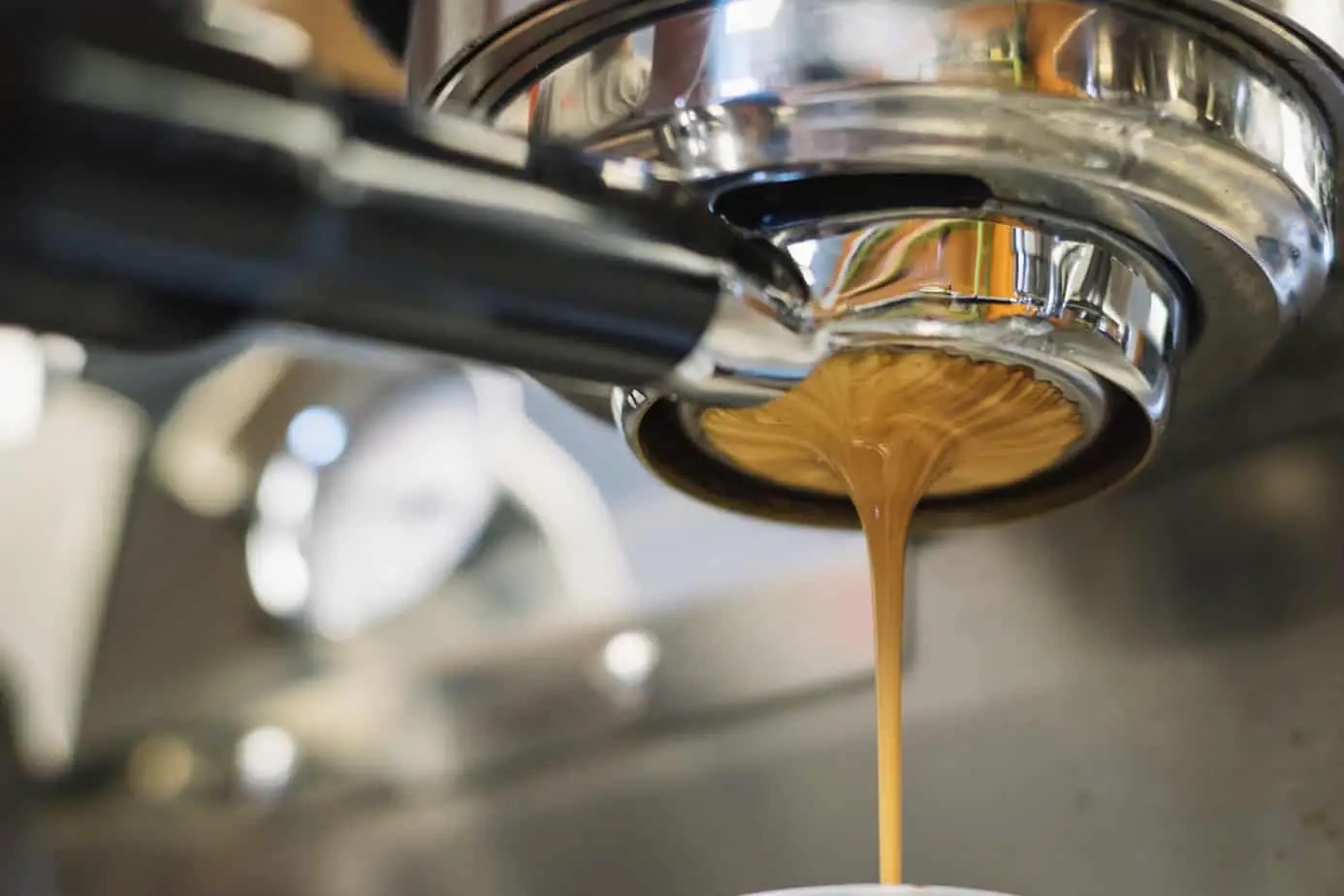

Articles
Why Is My Coffee Machine Not Working
Modified: February 26, 2024
Discover common issues and troubleshooting tips for your coffee machine in this helpful articles section. Resolve any problems and get back to enjoying your morning brew.
(Many of the links in this article redirect to a specific reviewed product. Your purchase of these products through affiliate links helps to generate commission for Storables.com, at no extra cost. Learn more)
Introduction
Welcome to the world of coffee lovers! There’s nothing quite like the aroma of freshly brewed coffee to kickstart your day. But what happens when your beloved coffee machine decides to take a break? It can be frustrating and inconvenient to deal with a malfunctioning coffee machine, especially when you’re in desperate need of a caffeine fix.
In this article, we’ll explore some of the common issues that can arise with coffee machines and troubleshoot possible solutions. Whether your coffee machine is not turning on, not brewing, not dispensing hot coffee, leaking or overflowing, or making strange noises, we’ve got you covered. So, grab a cup of joe and let’s dive in!
Key Takeaways:
- Troubleshoot common coffee machine issues like power supply problems, clogged filters, and faulty heating elements to enjoy your morning brew hassle-free.
- Regular maintenance and following manufacturer’s instructions can prevent coffee machine malfunctions, but seek professional help for complex issues to avoid further damage.
Common issues with coffee machines
Coffee machines, like any other appliance, can experience a range of issues that may affect their performance. Here are some of the most common problems and their possible solutions:
- Coffee machine not turning on: If your coffee machine refuses to power up, check the power supply. Ensure that it is securely plugged into a functioning outlet and that there are no tripped circuit breakers. If the power supply is not the issue, it could be a faulty power switch. In that case, you may need to replace the switch or seek professional assistance.
- Coffee not brewing: If your coffee machine doesn’t produce any coffee, start by checking the water tank. It may be empty or not properly seated, preventing water from reaching the brewing mechanism. Additionally, a clogged water filter could hinder the flow of water. Clean or replace the filter as needed. Lastly, if you’re using pre-ground coffee, make sure the grounds are not too fine, as this can lead to blockages. Adjust the grind size accordingly.
- Machine not dispensing hot coffee: If your coffee comes out lukewarm instead of piping hot, the heating element may be malfunctioning. This element is responsible for heating the water to the correct brewing temperature. A faulty thermostat can also cause temperature issues. Check the temperature settings on your machine, and if necessary, consult the manufacturer’s guide for instructions on recalibrating or replacing the thermostat.
- Leaking or overflowing coffee machine: A coffee machine that leaks or overflows can create a mess and waste precious coffee. Examine the water reservoir for any signs of damage, such as cracks or loose connections. Faulty seals or gaskets can also lead to leaks. If you notice excessive coffee grounds in your cup, it could be a result of using too much coffee or a malfunctioning brew basket. Adjust the coffee-to-water ratio, or inspect the basket for any defects.
- Strange noises or vibrations: Unusual sounds and vibrations coming from your coffee machine may indicate loose or broken components. Check for any loose screws or fittings and tighten them as necessary. If the noise persists, it could be a sign of a jammed grinder or brew unit. Clean or unclog the affected parts, or seek professional assistance if needed.
Remember, attempting to fix complex issues on your own could potentially damage your coffee machine further. If you’re unsure about any troubleshooting steps or unable to resolve the problem, it’s best to consult the manufacturer’s guide or seek professional help. Now that we’ve identified some common issues, let’s move on to the solutions for each problem in more detail.
Coffee machine not turning on
One of the most frustrating issues you may encounter with your coffee machine is when it refuses to turn on. Here are two common causes and their corresponding solutions:
- Power supply issues: Before assuming there is a serious problem with your coffee machine, check the power supply first. Ensure that the machine is properly plugged into a functioning electrical outlet. Try unplugging and plugging it back in to make sure the connection is secure. If the machine is connected to a power strip or surge protector, check that it is turned on and functioning properly. Also, check if any circuit breakers have tripped. If so, reset them and try turning on the machine again.
- Faulty power switch: If the power supply is not the issue, it is possible that the power switch itself is faulty. Over time, switches can wear out or become loose, preventing the machine from turning on. To troubleshoot this problem, you may need to access the inner workings of the coffee machine. Be sure to consult the manufacturer’s guide for instructions specific to your model. If the power switch is indeed faulty, you will need to replace it. Contact the manufacturer for a replacement switch or seek professional assistance to ensure it is installed correctly.
It’s important to note that working with electrical components can be dangerous, especially if you are not experienced. If you are unsure about handling the power supply or power switch, it is best to entrust the repair to a professional technician. They have the necessary expertise to address the issue safely and effectively.
By troubleshooting power supply issues and inspecting the power switch, you can potentially resolve the problem of your coffee machine not turning on. However, if these steps do not fix the issue, it may be necessary to contact customer support or a qualified technician for further assistance.
Coffee not brewing
If your coffee machine is not brewing, it can quickly put a damper on your morning routine. Here are three common reasons why coffee may not be brewing and how to troubleshoot them:
- Water tank empty: The first thing you should check is the water level in the tank. If it is empty or below the required minimum, refill it with fresh water. Make sure the tank is properly seated in its designated slot to ensure a proper water supply to the brewing mechanism. Some coffee machines have a water level indicator, so keep an eye on it to prevent running out of water during the brewing process.
- Clogged water filter: Over time, the water filter in your coffee machine can become clogged with mineral deposits or coffee oils. This can hinder the flow of water and prevent proper brewing. Refer to the manufacturer’s guide to locate and remove the water filter. Rinse it under running water or soak it in a descaling solution to remove any built-up residue. Once it’s clean, reinstall the filter and try brewing again.
- Coffee grounds too fine: If you are using pre-ground coffee, the fineness of the grounds can affect the brewing process. Coffee grounds that are too fine can lead to blockages in the filter or brew basket, resulting in little or no coffee being brewed. Adjust the grind size to a slightly coarser setting and try again. If you are using a grinder, experiment with different grind settings to find the optimal one for your brewing method.
These troubleshooting steps should help address the most common reasons for coffee machines not brewing. Remember to follow the manufacturer’s instructions and safety precautions when performing any maintenance or cleaning tasks. If the issue persists despite these efforts, it may be necessary to contact customer support or a professional technician for further assistance.
Check if the water reservoir is properly seated and filled. Also, ensure the power cord is plugged in and the machine is turned on. If the issue persists, refer to the user manual for troubleshooting steps.
Machine not dispensing hot coffee
There’s nothing quite as disappointing as pouring a cup of coffee only to find that it’s lukewarm. If your coffee machine is not dispensing hot coffee, there could be a few underlying issues to consider:
- Heating element malfunction: The heating element in your coffee machine is responsible for heating the water to the correct brewing temperature. If it malfunctions or fails, it can result in lukewarm or cold coffee. To troubleshoot this, start by checking if the heating element is properly connected and not damaged. Refer to the manufacturer’s guide to locate and access the heating element, as the process may vary depending on the machine model. If you suspect a faulty heating element, it will need to be replaced. Contact the manufacturer for a replacement or seek professional assistance to ensure a proper installation.
- Faulty thermostat: The thermostat regulates the temperature in your coffee machine. If it is faulty or out of calibration, it can lead to incorrect temperature settings, resulting in coffee that is either too cold or too hot. Consult the manufacturer’s guide for instructions on checking the thermostat and adjusting or replacing it if necessary. It’s important to note that working with electrical components can be dangerous, so if you are unsure, it’s best to consult a professional technician.
- Incorrect temperature settings: Some coffee machines allow you to adjust the brewing temperature. If your coffee is consistently coming out too cold or too hot, it’s possible that the temperature setting needs adjustment. Refer to the manufacturer’s guide to find out how to change the temperature setting on your particular machine. Keep in mind that adjusting the temperature can impact the overall taste and quality of your coffee, so experiment with small adjustments until you find the desired temperature.
By addressing issues with the heating element, thermostat, or temperature settings, you should be able to resolve the problem of your coffee machine not dispensing hot coffee. However, if these steps do not rectify the issue, it may be necessary to contact customer support or a qualified technician for further assistance.
Read more: Why Is My Coffee Machine Leaking
Leaking or overflowing coffee machine
A leaking or overflowing coffee machine can be a frustrating and messy issue to deal with. Here are three common causes of leaks or overflows and how to troubleshoot them:
- Damaged water reservoir: The water reservoir is where the water for brewing is stored. If it is cracked, damaged, or not properly seated, it can lead to leaks or overflows. Inspect the water reservoir for any visible signs of damage and ensure that it is securely in place. If you notice any cracks or other issues, contact the manufacturer for a replacement reservoir or seek professional assistance to prevent further damage.
- Faulty seals or gaskets: Seals and gaskets play a crucial role in preventing water from leaking out of the coffee machine. Over time, these components can wear out or become loose, resulting in leaks. Check the seals and gaskets around the water reservoir, brew basket, and any other removable parts. If you notice any signs of wear or if they are not properly sealed, replace the affected seals or gaskets. Contact the manufacturer for replacement parts or consult a professional technician for assistance.
- Excessive coffee grounds: Using too much coffee or having excessive coffee grounds in the brew basket can cause the coffee machine to overflow. Follow the recommended coffee-to-water ratio provided by the manufacturer. If you are using pre-ground coffee, make sure you are using the correct amount. Additionally, check the brew basket for any blockages or leftover grounds from previous brews. Clean it thoroughly to ensure smooth brewing without any obstructions.
By addressing issues with the water reservoir, seals/gaskets, and coffee grounds, you should be able to resolve the problem of a leaking or overflowing coffee machine. However, if these steps do not solve the issue, it may be necessary to contact customer support or a qualified technician for further assistance. It’s important to address leaks as soon as possible to prevent any water damage to your coffee machine or surrounding areas.
Strange noises or vibrations
If your coffee machine is making strange noises or vibrating excessively, it can be a sign of underlying issues. Here are two common causes of these problems and how to troubleshoot them:
- Loose or broken components: Over time, the vibrations and movements of a coffee machine can cause components to become loose or broken. Start by checking for any visible signs of loose screws, fittings, or other parts. Tighten any loose connections using the appropriate tools. If you notice any broken components, such as cracked panels or damaged parts, contact the manufacturer for replacement parts or consult a professional technician for repair.
- Jammed grinder or brew unit: If your coffee machine has a built-in grinder, a common source of strange noises or vibrations can be a jammed grinder. Turn off and unplug the machine, then remove any coffee beans or grounds stuck in the grinder. Clean the grinder thoroughly to ensure smooth operation. Additionally, if your machine has a removable brew unit, check if it is properly inserted and secured. A misaligned or improperly installed brew unit can cause vibrations or unusual sounds. Remove and reinsert the brew unit according to the manufacturer’s instructions to ensure proper alignment.
It’s important to address strange noises or excessive vibrations in your coffee machine, as they can be indicators of potential damage or mechanical issues. By tightening loose components and addressing any jams in the grinder or brew unit, you can help restore smooth and quiet operation to your machine. However, if the noises or vibrations persist despite these efforts, it’s advisable to contact customer support or a qualified technician for further assistance. They will have the expertise to diagnose and resolve any underlying problems.
Conclusion
Having a coffee machine that is not working properly can be a frustrating experience. However, with a little troubleshooting and understanding of common issues, you can often resolve the problem on your own. In this article, we’ve explored some of the most common issues that can arise with coffee machines and provided possible solutions.
We covered issues such as the coffee machine not turning on, coffee not brewing, machine not dispensing hot coffee, leaking or overflowing, and strange noises or vibrations. For each problem, we discussed potential causes and suggested troubleshooting steps.
When troubleshooting your coffee machine, it’s important to follow the manufacturer’s instructions and take appropriate safety precautions. If you’re unsure about any steps or concerns, it’s always best to consult the manufacturer’s guide or seek professional assistance.
Remember to regularly maintain your coffee machine by cleaning it and following any recommended maintenance procedures. This can help prevent future issues and ensure that your machine continues to deliver delicious cups of coffee.
If your attempts to troubleshoot and resolve the issues are unsuccessful, don’t hesitate to reach out to the manufacturer’s customer support or contact a professional technician. They have the knowledge and expertise to help diagnose and fix more complex problems.
With the right approach and a little bit of patience, you’ll soon have your coffee machine up and running again, ready to brew that perfect cup of coffee to start your day on the right note.
Frequently Asked Questions about Why Is My Coffee Machine Not Working
Was this page helpful?
At Storables.com, we guarantee accurate and reliable information. Our content, validated by Expert Board Contributors, is crafted following stringent Editorial Policies. We're committed to providing you with well-researched, expert-backed insights for all your informational needs.
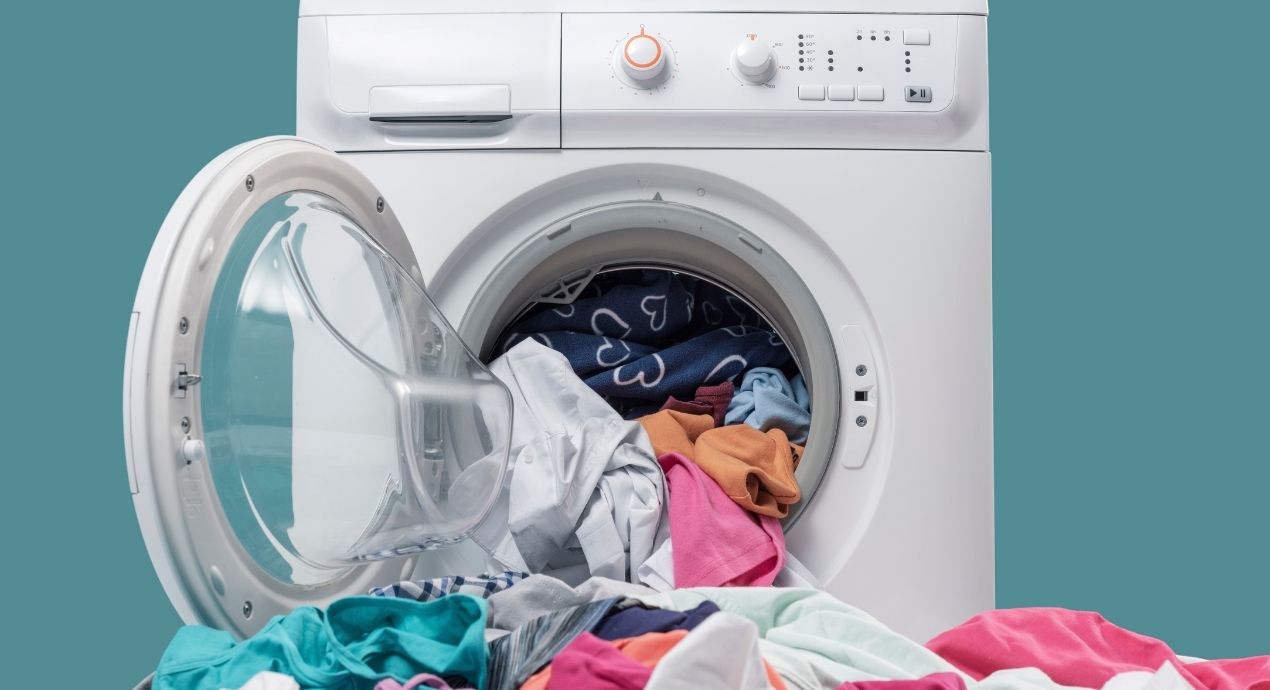
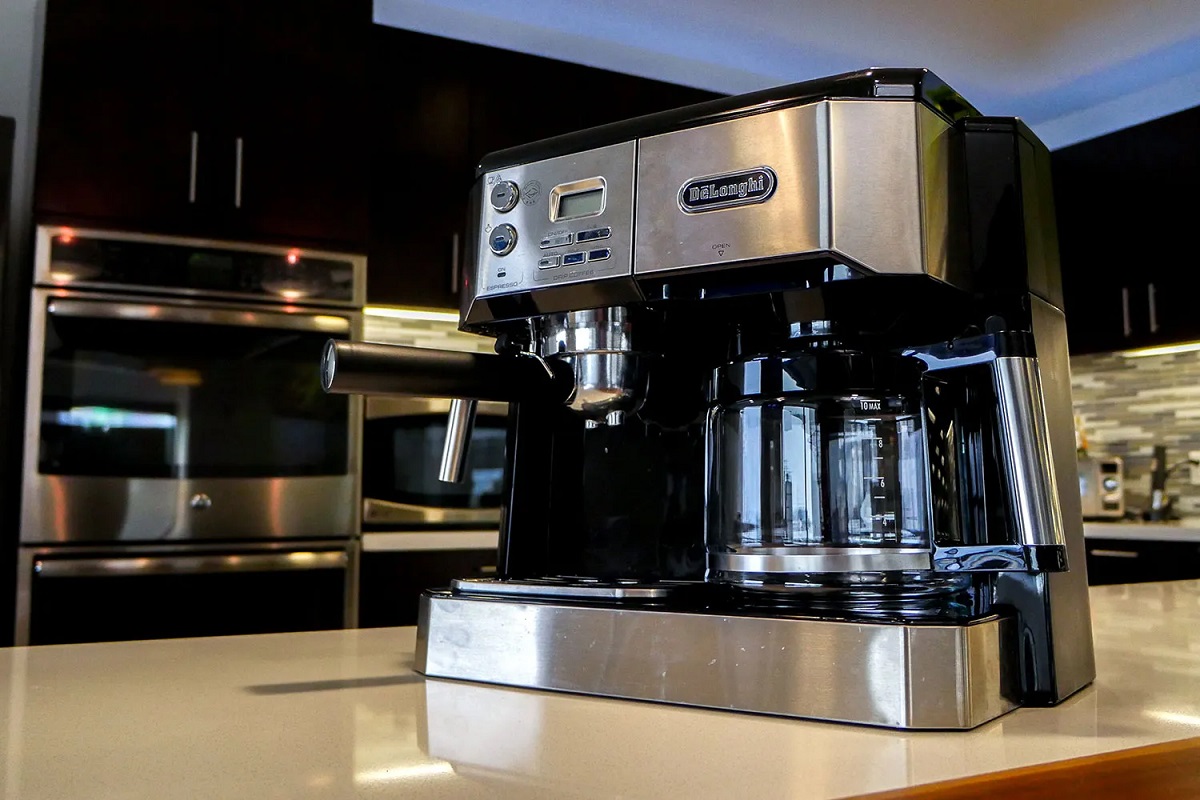
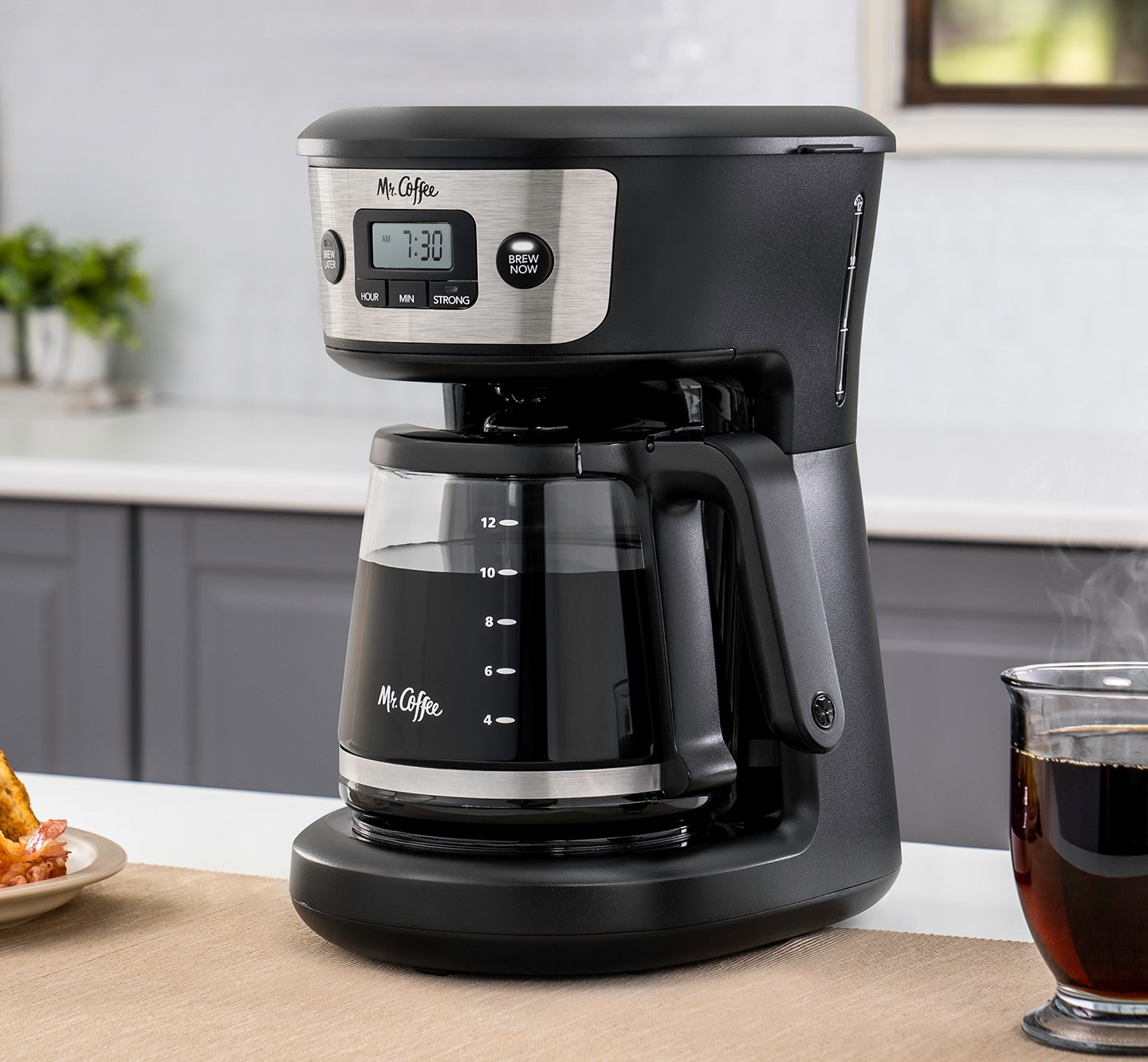
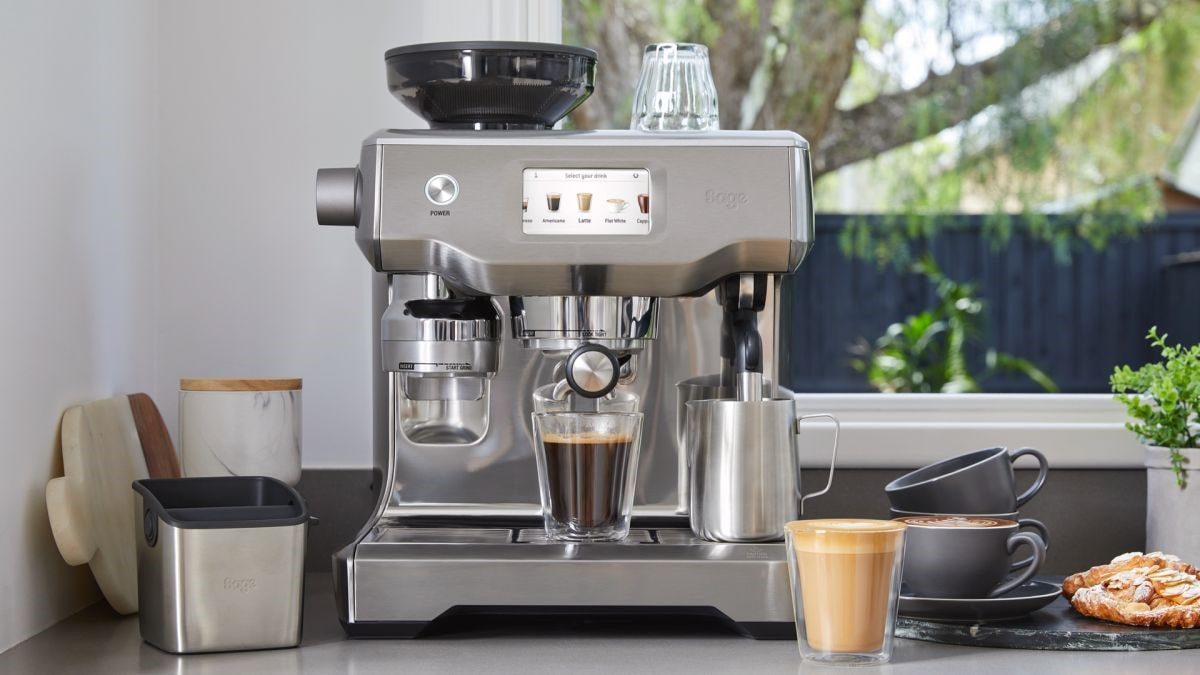
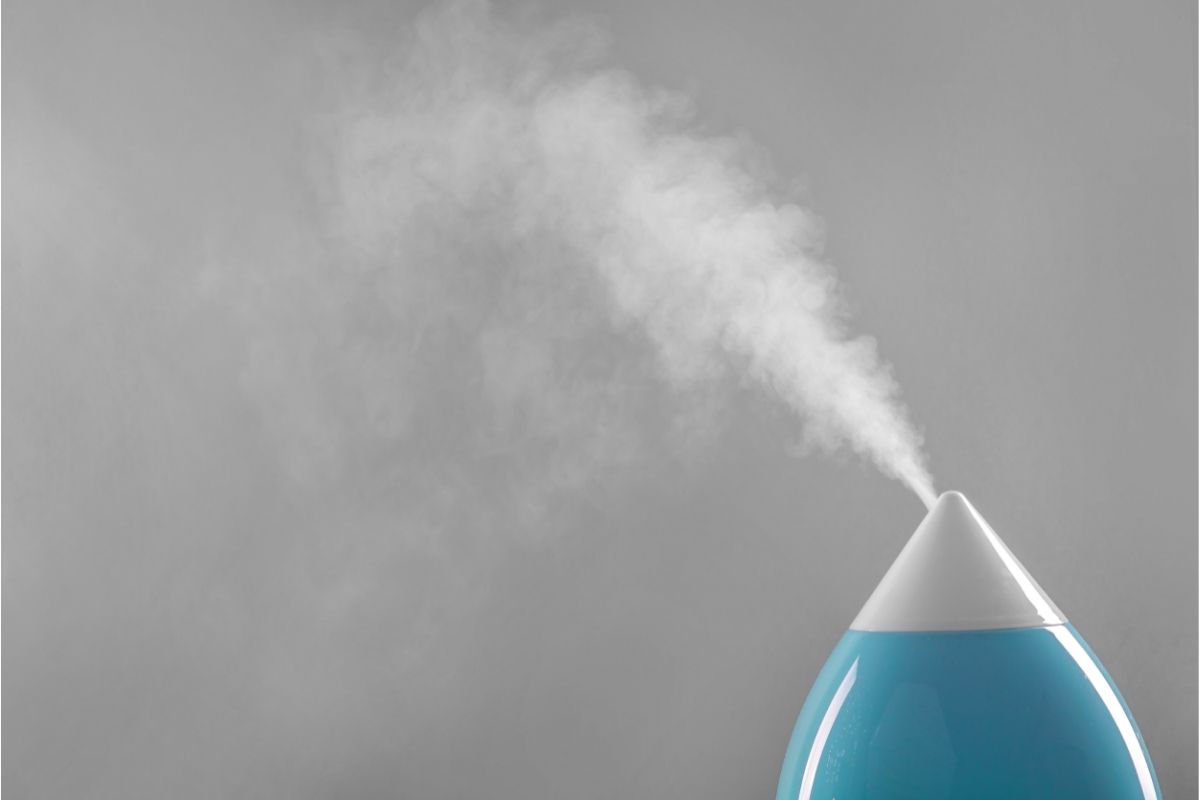
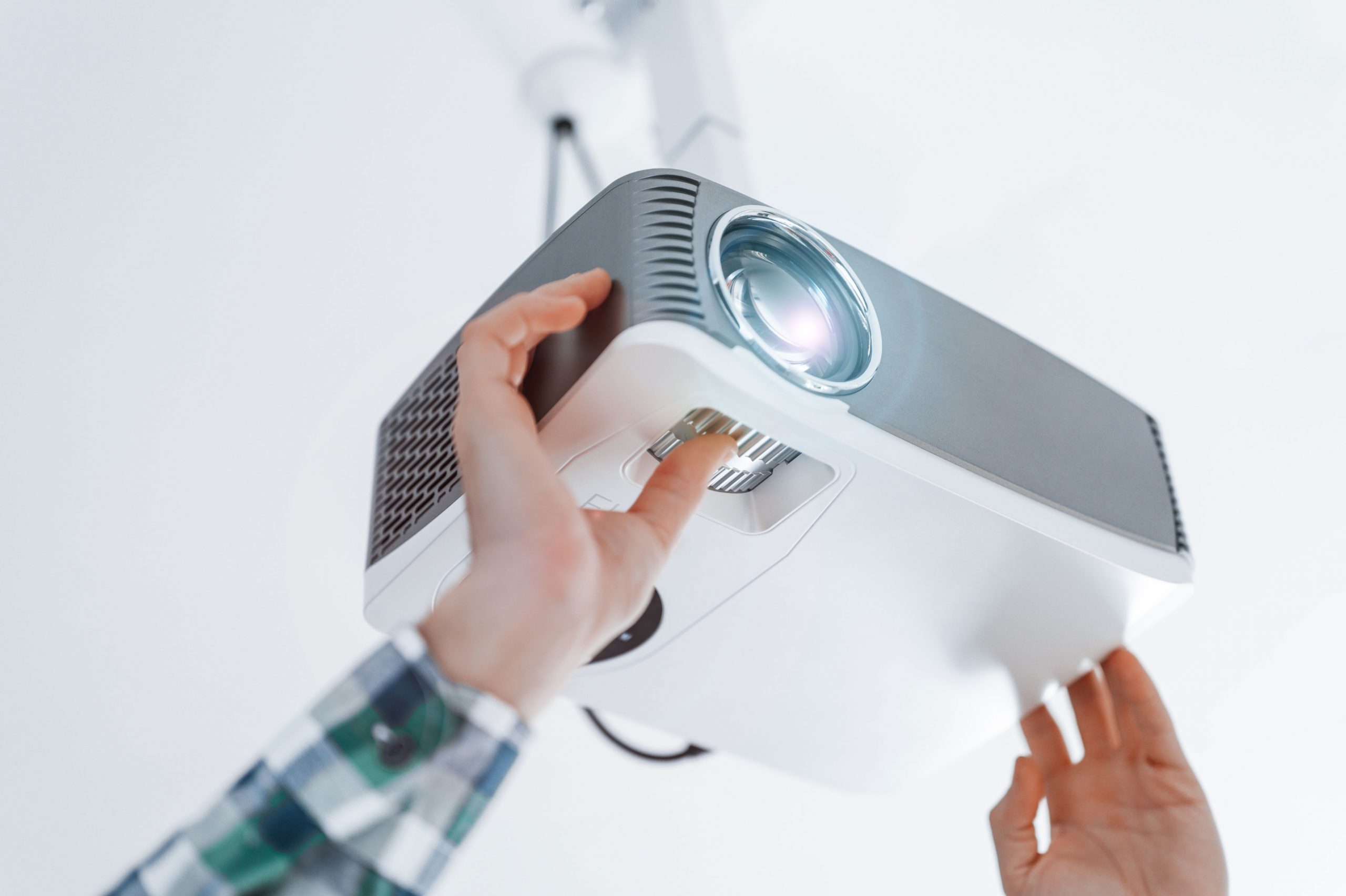
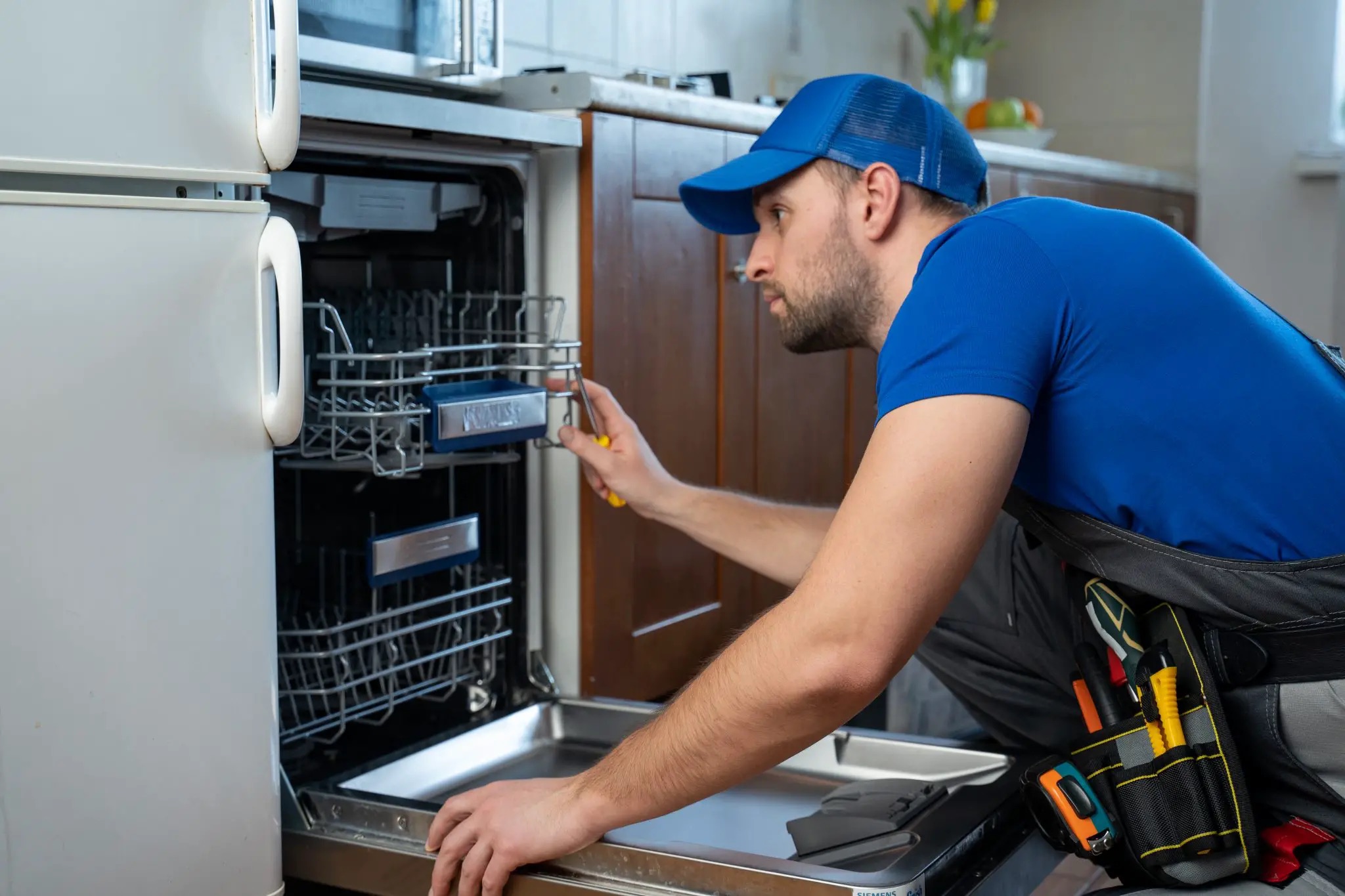
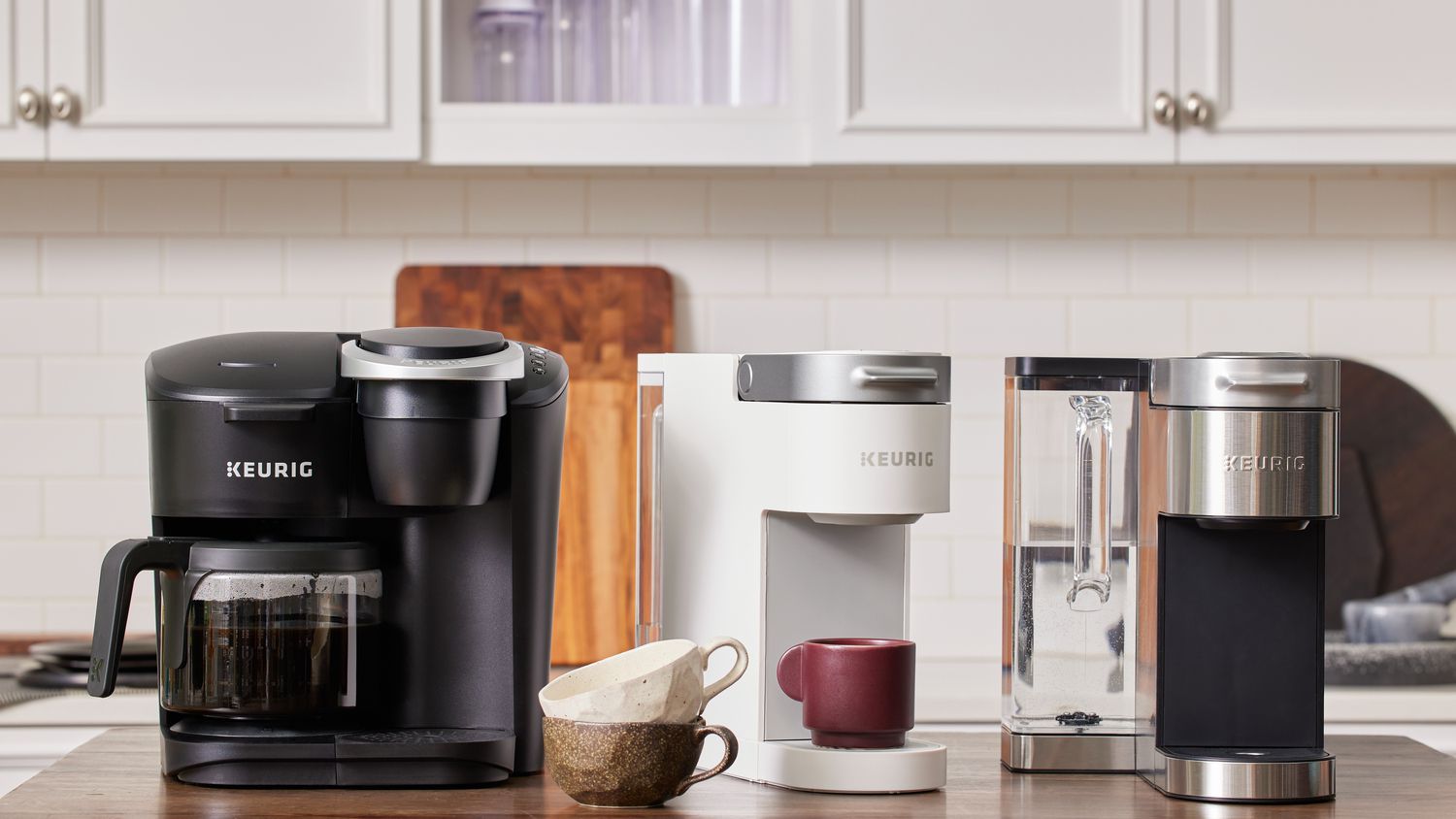
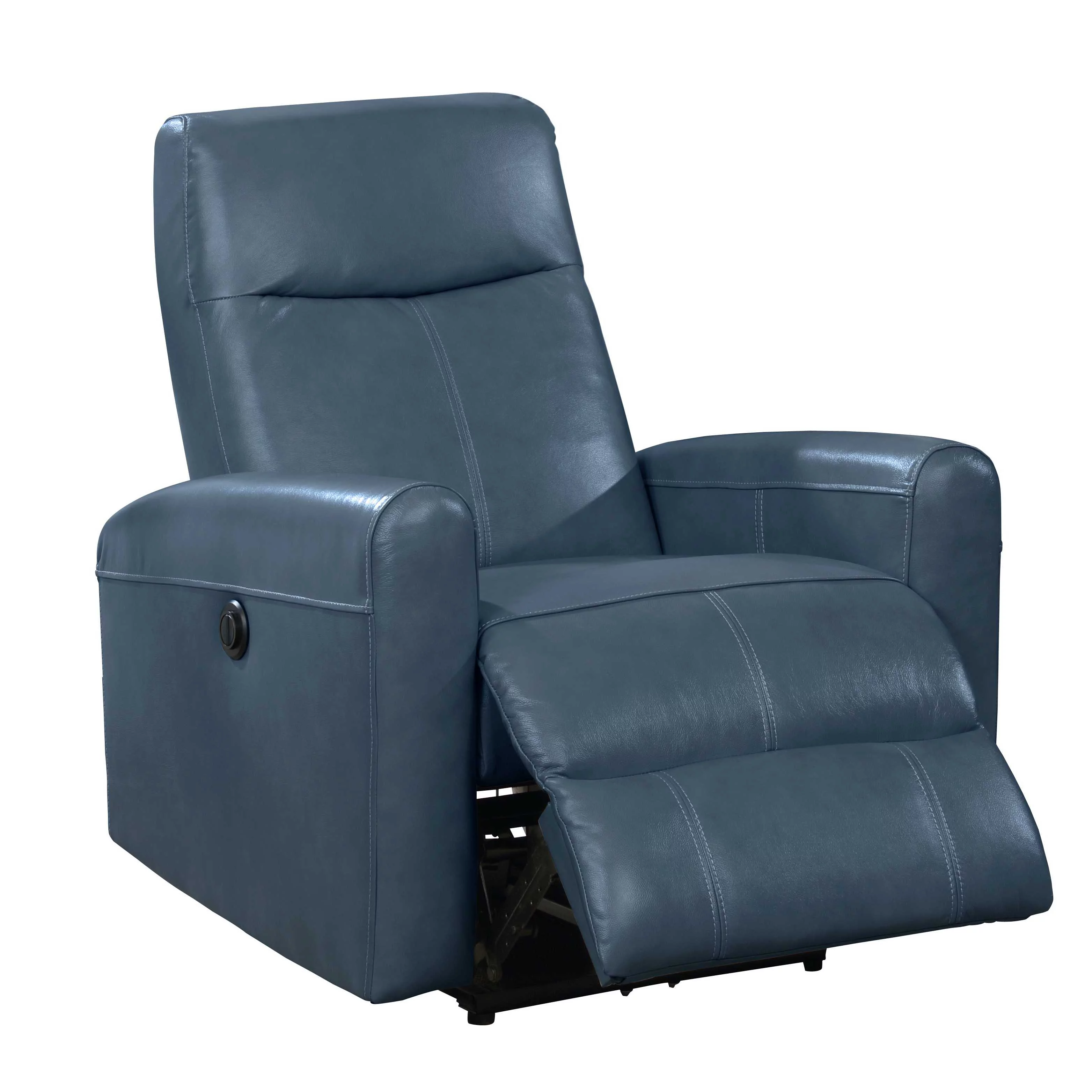
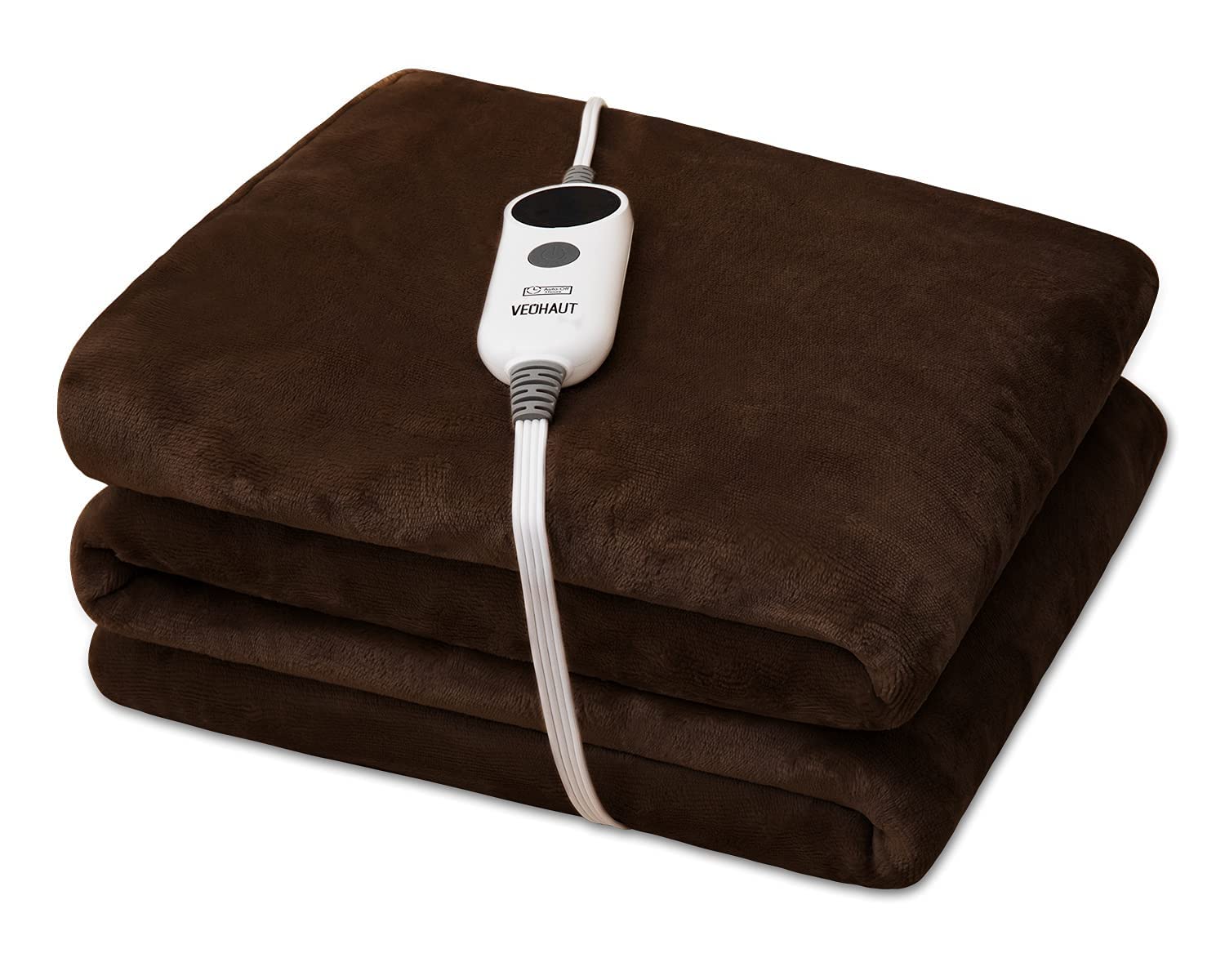
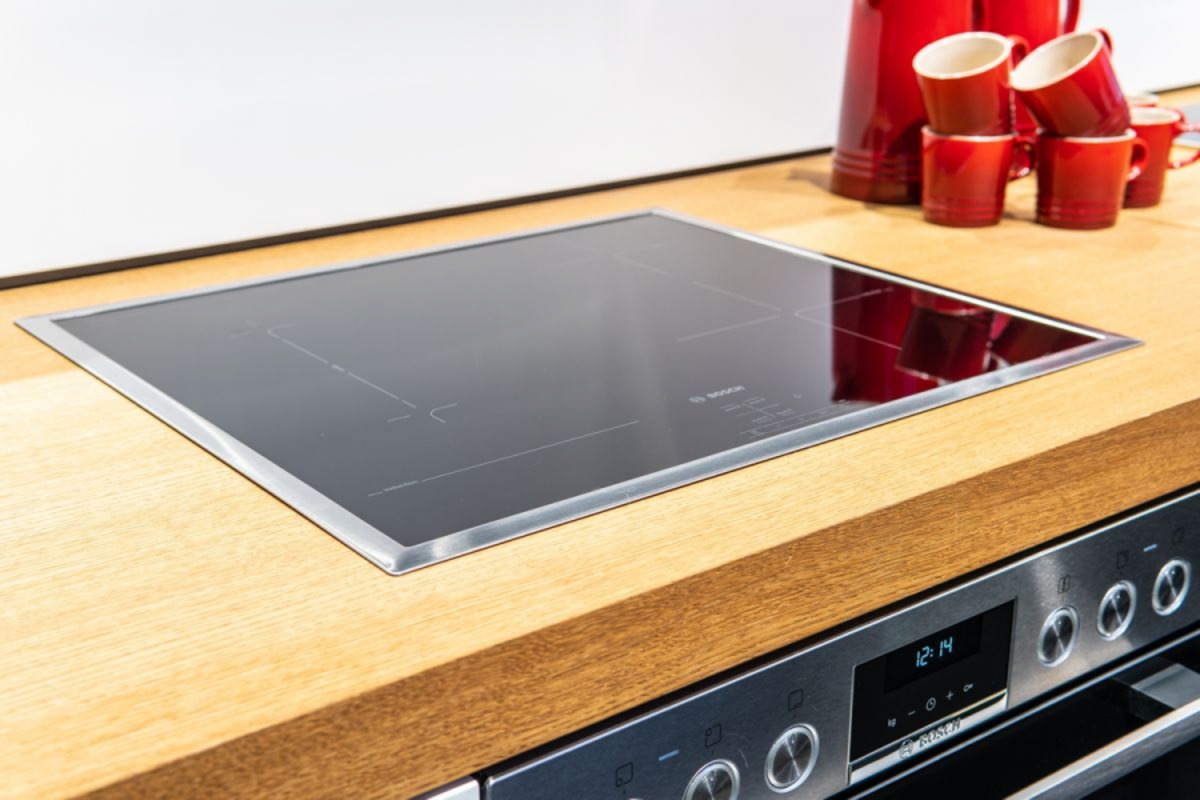
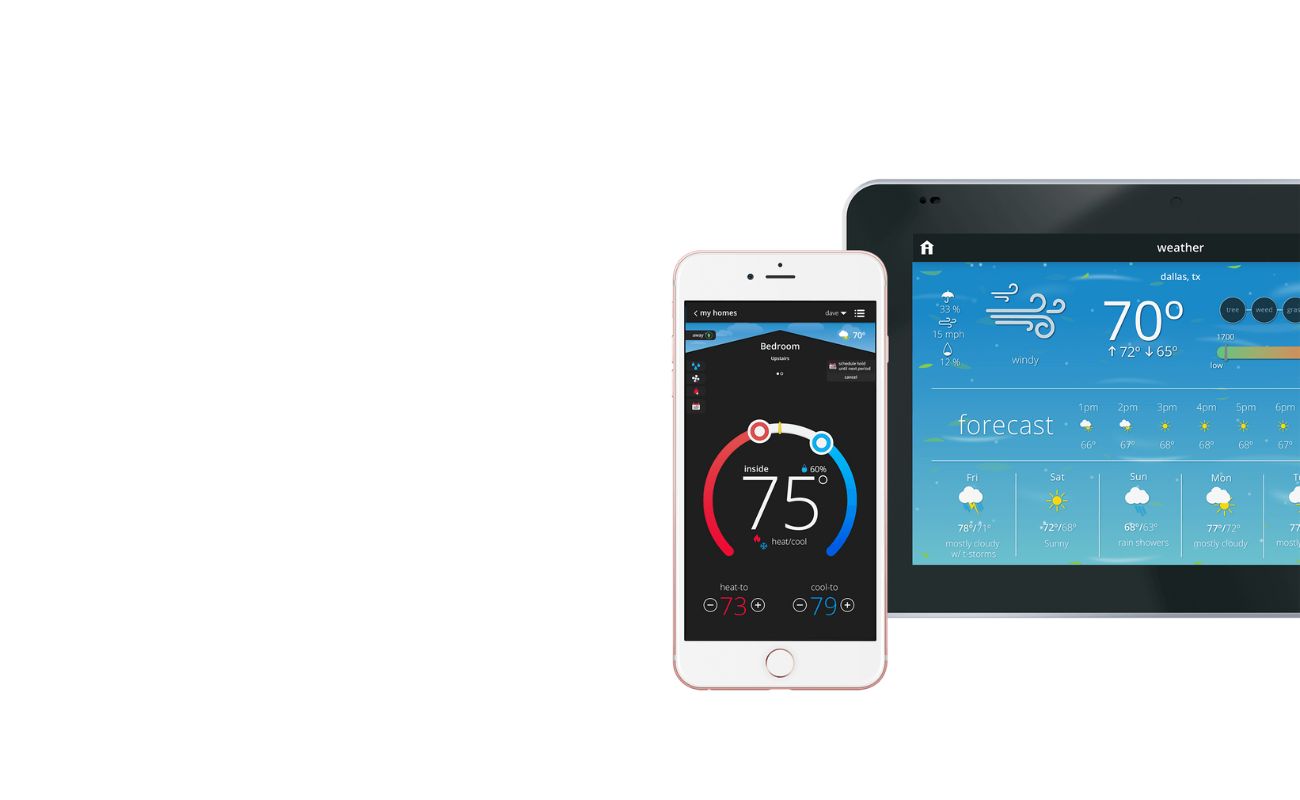

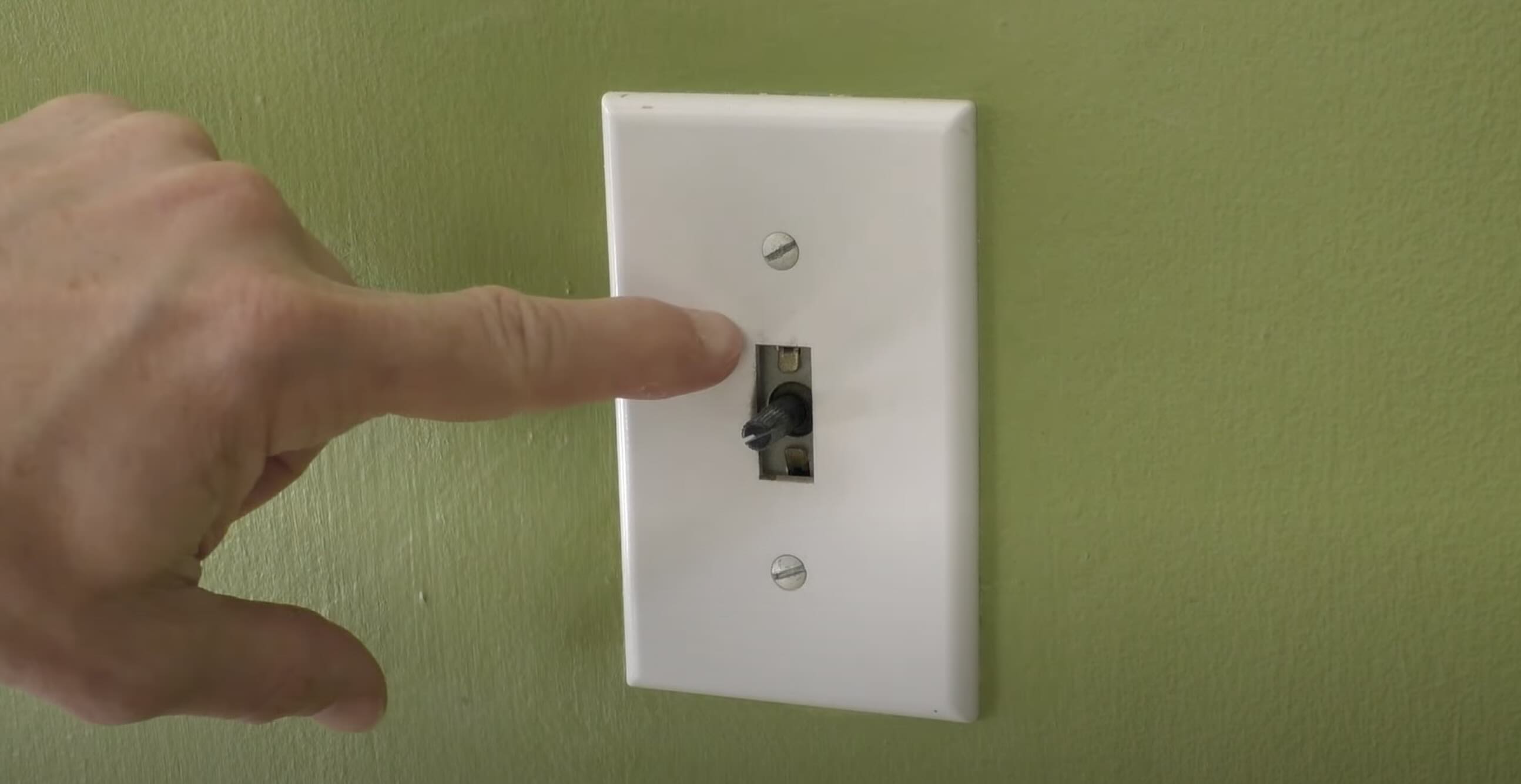

0 thoughts on “Why Is My Coffee Machine Not Working”